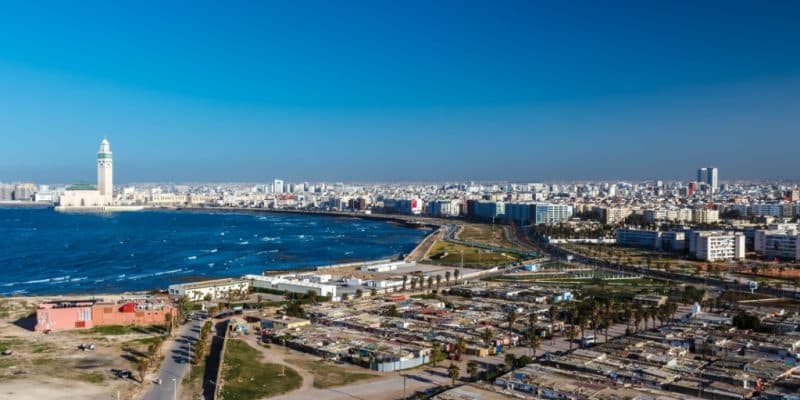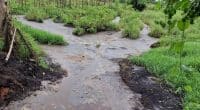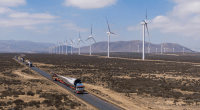Despite the investment and efforts made by the Moroccan government in recent years, solid waste management remains a challenge in the Kingdom. The Moroccan Ministry of Energy Transition and Sustainable Development's new roadmap for the transition to a circular economy by 2030 provides for the implementation of several projects in six cities, with an investment of 7 billion Moroccan dirhams (nearly 648 million euros).
Making Morocco a benchmark for cleanliness. This is the objective of the Moroccan government, which is banking on the circular economy of solid waste. Through the Moroccan Ministry of Energy Transition and Sustainable Development, it has just presented its vision for a transition to a circular economy by 2030 in the Kingdom of Morocco, valued at 7 billion Moroccan dirhams, or nearly 648 million euros. This vision is centred on the realisation of several circular projects in the cities of Rabat, Casablanca, Tangier, Fez, Marrakech and Agadir, which are also the six host cities of the 2030 World Cup, which will take place at the same time in Morocco, Spain and Portugal.
These projects will consist of selective waste collection operations, the construction of waste recycling and recovery plants in the six identified cities, campaigns to raise Moroccans’ awareness of eco-gestures such as selective sorting and waste recovery, particularly into compost, limiting waste at source and, to a greater extent, pollution.
Producing biofuel from waste
With a view to moving towards a circular economy by 2030 in Morocco, the Moroccan Ministry of Digital Transition and Sustainable Development, headed by Leila Benali, is also planning to launch a programme to convert household and similar waste into RDF (Refuse Derived Fuel). The aim is to produce 680,000 tonnes of biofuels for cement manufacturers, as an alternative to fossil fuels that emit carbon dioxide (CO2).
Read Also –
The Moroccan Ministry of Energy Transition and Sustainable Development will allocate additional funding of 3 billion Moroccan dirhams (around €278 million) to support the implementation of the household and similar waste recovery programme in RDF. The initiative will be overseen by a “central actor” controlled by the Moroccan government and bringing together all the stakeholders at national level. This player will have three main missions: to roll out the national strategy for managing household and similar waste, to provide technical and financial support to local authorities, and to manage regulation.
Through its action plan for the transition to a circular economy by 2030, Mohammed VI’s government also plans to introduce Extended Producer Responsibility (EPR), in order to better manage industrial waste. The aim is to oblige producers to take account of environmental issues throughout the production chain, and to manage the waste from their marketed products.
Inès Magoum





